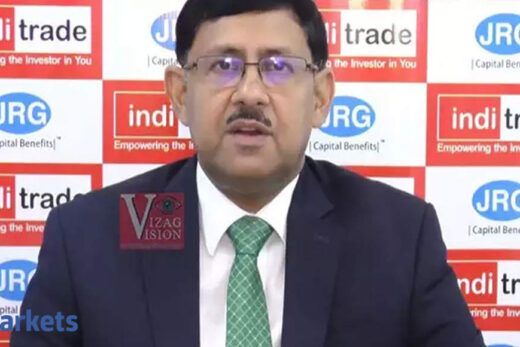In the early 1990s, people followed the original Big Bull, Harshad Mehta, then came Ketan Parekh in the late 90s, and now investors follow every buy-sell move, every stock spoken of and every comment made by the likes of Rakesh Jhunjhunwala and Radhakishan Damani keenly and try to execute them.
Cult Investing is an expression some market experts use to refer to the herd behaviour of a group of investors, who buy or sell whatever their favourite investors are buying or selling, with complete disregard for their own risk profile.
Such behaviour, market veterans say, more often than not, results in losses.
Shyam Sekhar, Chennai-based value investor who also runs the wealth advisory firm iThought Wealth, says whenever there is influx of novice investors on Dalal Street, it presents a perfect opportunity for such cults to grow.
“In every market cycle, a new set of investors come in. They seek something which will help them standardise or follow a set pattern. This is the perfect setting for an investment cult,” Sekhar said in a video he posted on his YouTube channel.
“It is not new. When I came to the market, the investor cult was to follow the big operators. In 1992, all of you would know who the operators were. In 2000, you had another person getting a cult following; in 2008 you had promoters of business groups getting cult following,” he said.
What basically attracts investors to follow a cult of a famous investment personality or an institution is the narrative they create around themselves. People, who do not want to do their own research, believe following the ‘successes’ of those investors will create money for them.
In reality, yes, one can make some money by following a cult. But it is not something that can work for everybody and the compulsions of people who propagate cults eventually come to hurt the investors following them.
“The fundamental problem with following cults is that they are created, propagated, grown and proliferated just to make other people buy stocks, which they already own or make other people follow a philosophy into which they are already heavily invested. When this happens, people who come into this last are the ones going to be hit the most,” Sekhar said.
In propagation of cults, the failure of investors is usually not highlighted as much. Even Rakesh Jhunjhunwala has said in many of his interviews that people know about the success of Titan, but they do not those investments that bombed for him. Someone who follows an ace investor needs to be aware of this.
“If a large group of people follows a particular set of stocks, a particular thinking and a particular person, nothing is wrong. But you need to know what is the other side of the story, which you will never hear,” Sekhar said.
“When you hear only the greener side of the story, you don’t have the much needed balance in your investing, this effectively leads more people into believing that the stock price has moved up and, therefore, this is the only way to think and that eventually dominates their investment strategy,” he said.
It is not that only retail investors who have just started their journey fall for such cults, many reputed investors and rich people also tend to fall prey, he suggests. “So, in a sense cults democratise failure, if that thinking fails to live the test of the time,” says Sekhar.


